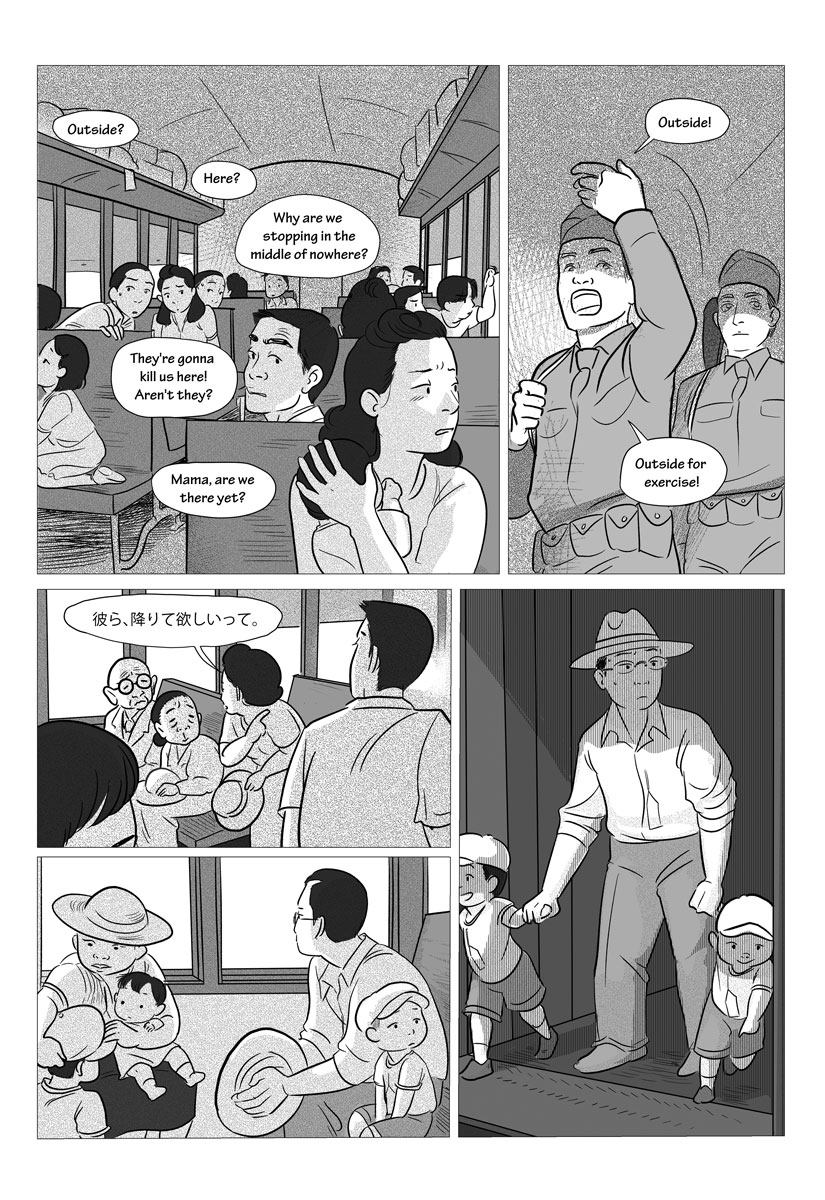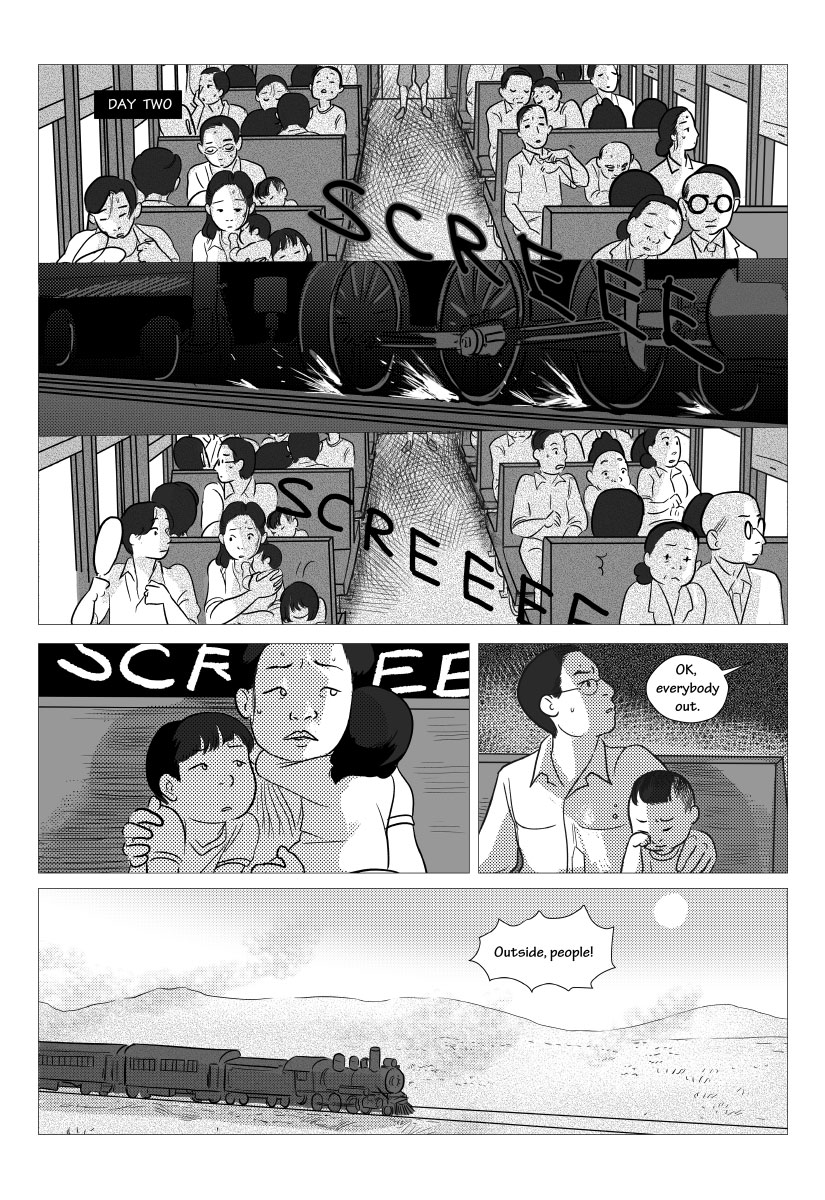


Then when his parents answered no to two questions on the government’s loyalty oath - about swearing allegiance to the United States and serving in the US military - they were sent to Tule Lake, a maximum security camp encircled by extra strands of barbed wire with 24 guard towers. From ‘They Called Us Enemy’Īfter a few months housed in horse stalls, the Takeis took a train to Rohwer in Arkansas, the most eastern of the 10 internment locations. In February 1942, a couple of months after the bombing of Pearl Harbor, President Franklin Roosevelt signed Executive Order 9066, forcibly removing people of Japanese descent from their homes on the West Coast and putting them in hastily built camps where they were incarcerated for the remainder of the war. In They Called Us Enemy, Takei (along with co-writers Justin Eisinger & Steven Scott) tells the story of Takei’s family being ordered to go to a “relocation camp” when he was four years old. The show, They Called Us Enemy: A Graphic Memoir, which opens January 18 and runs through May 17, will also feature some original artwork from the Cartoon Art Museum’s permanent collection, including comic strips and animation from the 1940s.

San Francisco’s Cartoon Art Museum will have a show of Becker’s work from the book, along with some of her research and preliminary drawings. “One of the writers called it kind of Peanuts manga.” “I think it was partially because of my style,” Becker said about why she was asked to do art for the graphic memoir. Specifically, the graphic memoir, They Called Us Enemy, was actor and activist George Takei’s story. Harmony Becker, the creator of the comics Himawari Share, Love Potion, and Anemone and Catharus, was at her booth at an indie comic arts show in Brooklyn when Leigh Walton, with Top Shelf Productions, approached her and asked if she was interested in illustrating a book on the Japanese American experience.īecker didn’t know at the time the book was going to be about the Japanese internment-when 120,0000 Japanese Americans were incarcerated without due process during World War II.


 0 kommentar(er)
0 kommentar(er)
